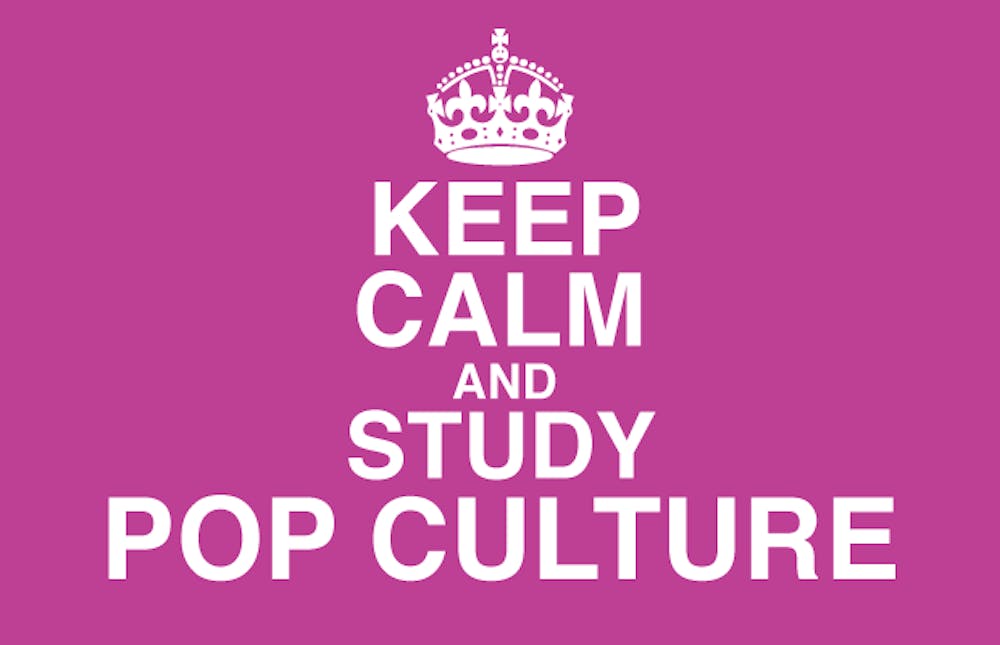Pop culture is all around us. It has become a set of social norms, and we are living through it without even paying much attention. So why is that? Why do books like "Harry Potter" or movies like "Godzilla" become such a critical and popular source of entertainment? Being immersed in all of this merchandise and media can be a bit confusing when you don't even know why the series is made or why it has become so popular.
ASU provides a variety of pop culture classes, and my freshman year, I took two worth considering – Religion and Popular Culture (REL 202) and Japanese Popular Culture (JPN 115). We all want easy and fun electives and these two have been my favorite classes in my time at ASU.
In Religion and Popular Culture, the class watches and reads popular works known by many. Heck, we watched "South Park" to analyze the Mormon religion. Professor Tracy Fessenden and graduate teaching assistant Jodie Vann provided thoughtful and mind-boggling points on how works like "South Park" or "The Book of Eli" provide a basis of religion. The class even dives into John Travolta's religion, Scientology, and its recent media messages. The subjects are also presented in an unbiased way, not looking to ostracize any religion.
As for JPN 115, Japanese Popular Culture, you're in a completely different world – or at least, on the other side of ours. Professor Bradley Wilson, or Wilson Sensei, provides an entertaining yet analytic focus on the eastern nation of Japan and its bright, colorful pop culture.
Here's an example: While Americans are getting jittery about the "Godzilla" movie coming out this year, I learned it's not just a kaiju popcorn movie like "Pacific Rim."
"Godzilla" was originally created to symbolically define Japan's national identity and history. From stomping on buildings to fire-wreaking destruction, it is more about how Japan's past and history comes back to haunt them in the form of Godzilla.
Anime is also a prevalent point in Wilson's class. Critically acclaimed movies like "Akira" and "Grave of the Fireflies" are used as a way to analyze what the movie means to Japan, what it's saying and its messages. From erasing history to creating new cultures, from exposing blind nationalism to gauging sympathy in a new generation of teenagers, anime also sheds light on Japanese pop culture.
If you'd like to expand your knowledge of contemporary culture, these classes are an interesting addition to a schedule that may be filled with tiresome lectures or uneventful lab sessions.
Reach the writer at Martin.nguyen@asu.edu





